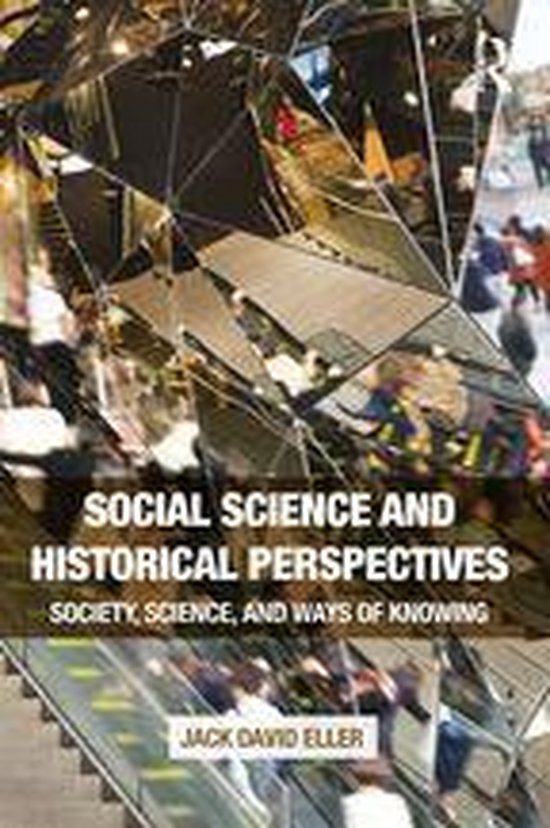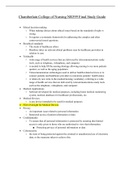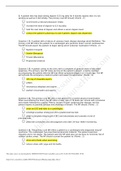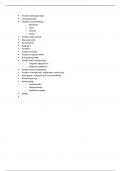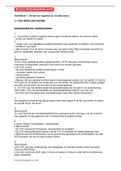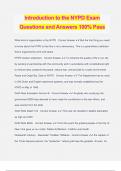Samenvatting
GSW - samenvatting van Eller en alle verplichte artikelen (62 pagina's)
- Vak
- Instelling
- Boek
Ik heb in dit document alle hoofdstukken samengevat, die in de cursushandleiding zijn opgenomen. Achterin het document staan alle artikelen beschreven - er zat veel werk in, vandaar de wat hogere prijs :) succes met leren! (ik verkoop ook de hoorcolleges, gegeven door Colombijn)
[Meer zien]

